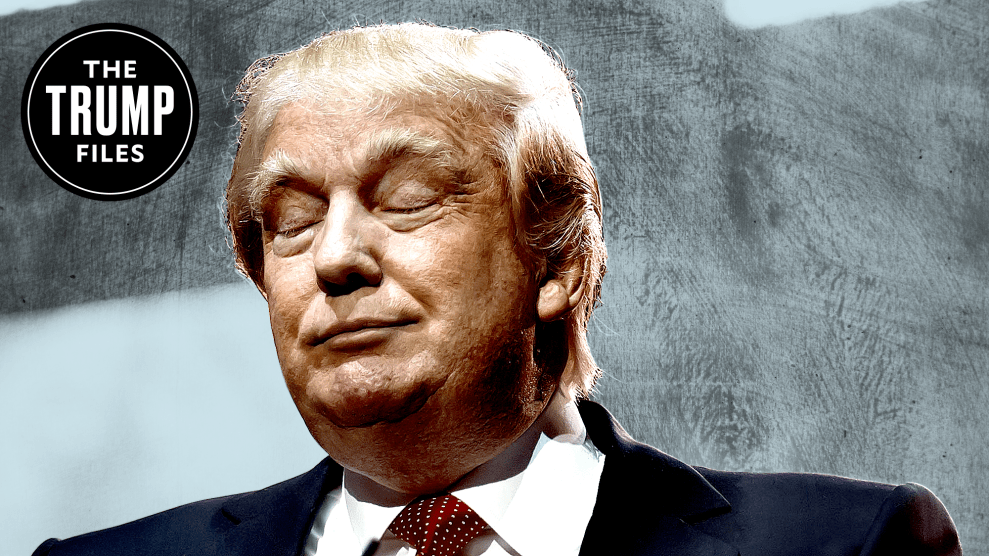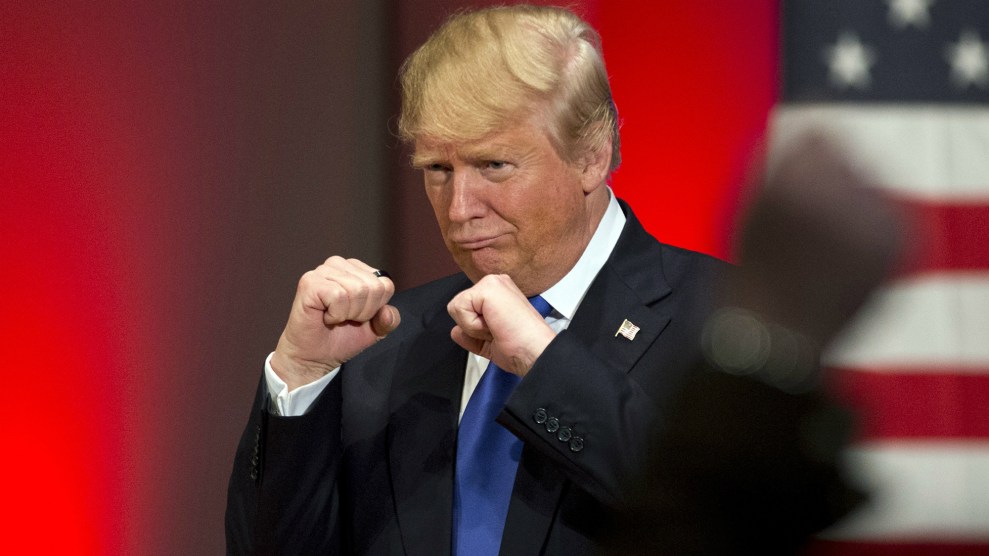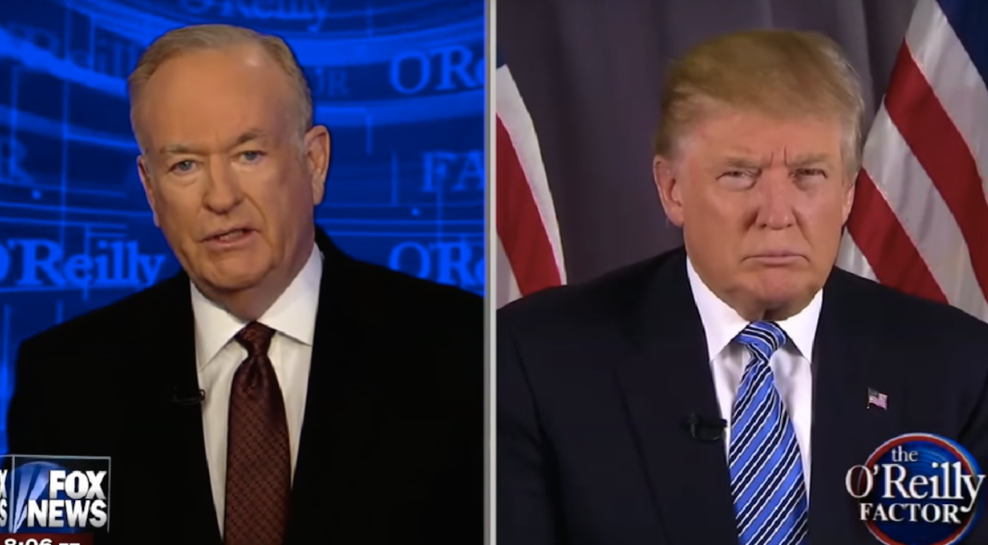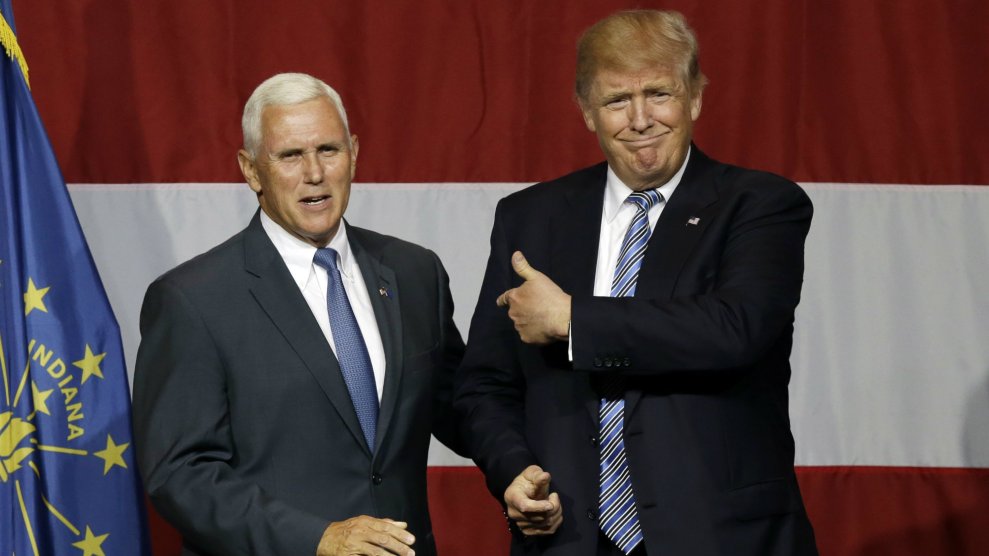
Mother Jones illustration; Shutterstock
This post was originally published as part of “The Trump Files“—a collection of telling episodes, strange but true stories, and curious scenes from the life of our current president—on July 20, 2016.
One of Donald Trump’s biggest achievements as a team owner in the United States Football League was the signing of Doug Flutie, the Boston College quarterback and 1984 Heisman Trophy winner, to his New Jersey Generals.
The USFL was off to a good start as a spring football league, but it had Trump-fueled ambitions of moving to the fall and challenging the NFL for dominance. To have any chance of that, the league needed to sign big-name stars, and Flutie, a college hero who had thrown one of the most famous passes in football history, fit the bill. Trump launched a charm offensive on Flutie and his father, and his deep pockets meant he had no problem giving the quarterback the “reasonably ridiculous” contract he’d promised: $8.3 million over six years, according to the New York Times, making him the highest-paid football player in the country.
At least at first. Less than two months later, in April 1985, Trump was demanding that other USFL owners help pay for parts of Flutie’s contract. “When a guy goes out and spends more money than a player is worth, he expects to get partial reimbursement from the other owners,” Trump told United Press International in his guise as John Barron, one of the fake underlings Trump invented to talk to the press. “Everybody asked Trump to go out and sign Flutie…for the good of the league.”
At first, Trump claimed the USFL’s other owners had verbally agreed to help fund his act of altruism. But shortly thereafter, he admitted to the Times that it hadn’t happened. “I said that I would [sign Flutie], but that at some future date I would ask for partial reimbursement,” he said. “Nobody agreed that they would. Nor would I have expected them to. But I wanted to get it on the record.”
The other owners shrugged off Trump’s demands—which were soon overshadowed by much bigger problems for the USFL. The league, driven in part by Trump’s thirst for a fall schedule, quickly fell apart after Flutie’s rookie year. Attendance had dropped, teams (including the Generals) were forced to merge, and the league received only $3 in damages despite winning its antitrust lawsuit against the NFL. The USFL never played another game, and Flutie moved on to the Chicago Bears.















